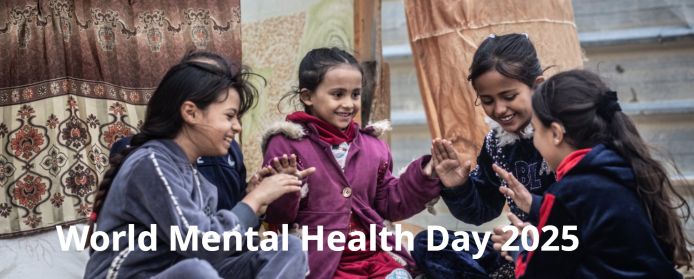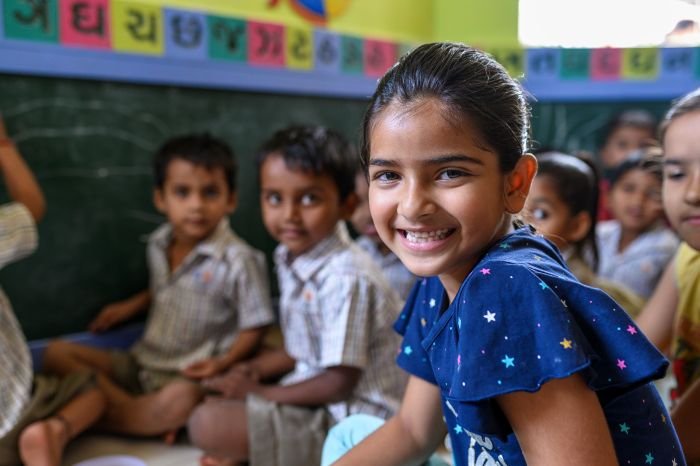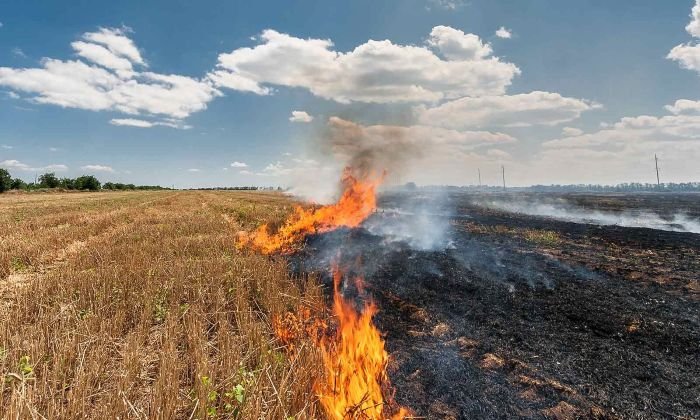
World Mental Health Day serves as a powerful reminder that there is no health without mental health. The 2025 campaign theme, “Mental Health in Humanitarian Emergencies,” draws attention to the urgent need to address the mental health and psychosocial needs of individuals and communities affected by crises such as conflicts, natural disasters, and public health emergencies.
According to the World Health Organization (WHO), one in five people in crisis-affected populations experiences a mental health condition, ranging from mild distress to severe disorders such as depression and post-traumatic stress disorder (PTSD). Despite growing awareness, mental health services in humanitarian contexts remain grossly inadequate and unevenly distributed.
Humanitarian crises cause profound emotional distress. Supporting mental well-being in such contexts is not merely an act of compassion—it is lifesaving. Mental health care gives people the strength to cope, the space to heal, and the opportunity to rebuild—not only as individuals but also as cohesive, resilient communities. Therefore, it is imperative that governments, health and social care providers, educators, and community organizations work collaboratively to ensure that the most vulnerable populations have access to timely and effective mental health support.
Mental health is an inseparable component of humanitarian assistance. The 2025 World Mental Health Day theme reinforces that mental health services are not optional but essential to survival, recovery, and resilience. Evidence consistently demonstrates that early, inclusive, and culturally grounded interventions mitigate suffering, promote healing, and strengthen social cohesion. As humanitarian emergencies become more frequent and complex due to conflict and climate change, prioritizing mental health is not merely an ethical obligation—it is a public health imperative.
Why This Matters
- Mental health drives recovery: It influences how people rebuild their lives—their ability to work, care for family, and recover after loss. Neglecting mental health impairs recovery and social reintegration.
- Crises deepen inequalities: Refugees, displaced persons, minority groups, and individuals with disabilities are disproportionately affected. Promoting equity demands that mental health services reach these populations.
- Investing in mental health pays off: Strengthening mental health systems during emergencies builds long-term community resilience, enhances preparedness, and reduces the burden of chronic psychological disorders.
Mental Health and Psychosocial Support Are Essential
During crises, nearly everyone experiences distress and disruption. Homes are destroyed, families are separated, and communities are fractured. While one in five individuals may develop a diagnosable mental health condition, nearly everyone affected experiences grief, fear, and anxiety. These psychological wounds often persist long after physical safety is restored, undermining recovery and resilience.
Continuity of care must remain a priority throughout and after emergencies. People with pre-existing or severe mental health conditions should never be left without access to treatment or psychosocial support. Integrating mental health into emergency preparedness and response plans ensures that care is available when and where it is needed most.
Migrants and Refugees: Facing Unique Mental Health Challenges
Migrants and refugees encounter immense psychological stressors throughout their journeys—from exposure to violence and displacement to the uncertainty of resettlement and integration. By the end of 2024, more than 123 million people were forcibly displaced worldwide, with 71% hosted in low- and middle-income countries where health systems are already overburdened (WHO, 2025). In these contexts, access to mental health services is extremely limited, leaving many without adequate care.
By investing in evidence-based and community-driven interventions, stakeholders can address immediate mental health needs, promote long-term recovery, and empower individuals and communities to rebuild their lives with dignity and hope.
Conclusion
Mental health care in humanitarian emergencies is not a secondary concern—it is central to saving lives and restoring stability. The World Mental Health Day 2025 campaign calls for a united global effort to integrate mental health into every aspect of emergency response and recovery. By ensuring equitable access, promoting community resilience, and sustaining long-term investment, societies can move closer to a world where every person, even in the midst of crisis, has the right and opportunity to heal.








